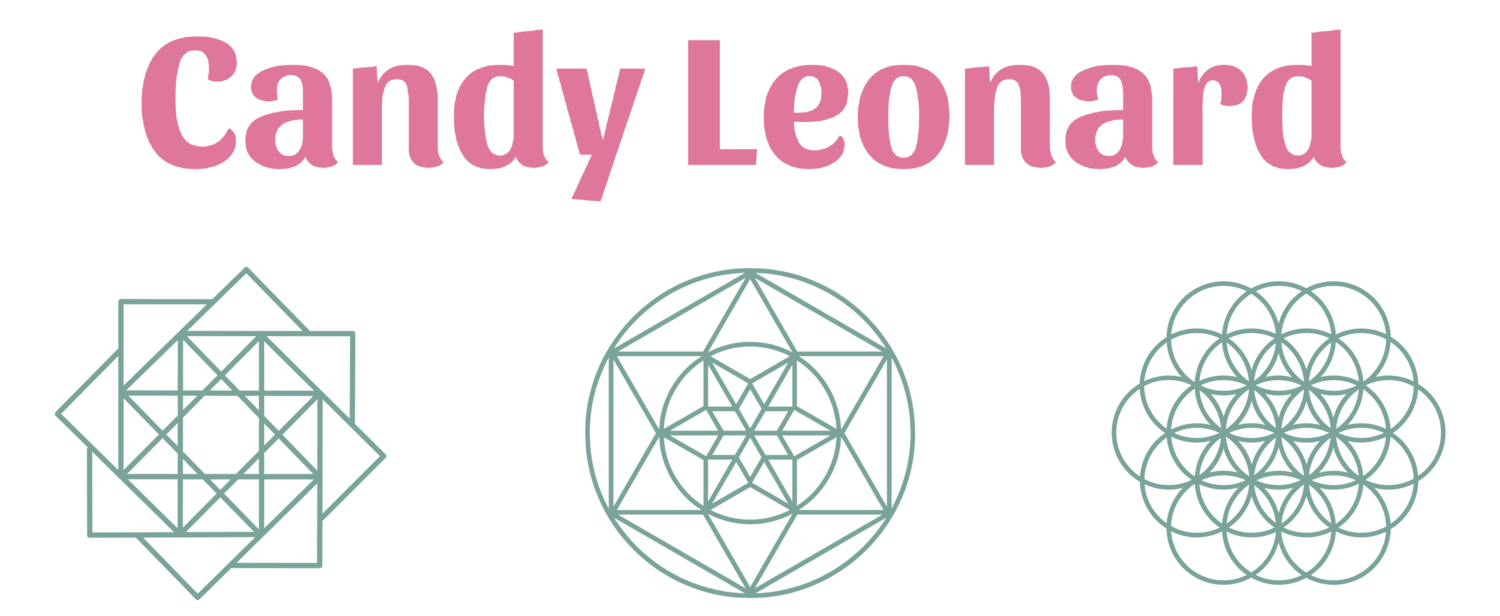Kennedy, The Beatles, and a New New Frontier
According to the “Kennedy Rebound Theory of Beatlemania,” the Beatles boosted the national spirit after the assassination and made us more receptive to the happy tumult the Beatles ushered in. The Saturday Evening Post agreed saying, “They served for a time to divert us. We wish them well. We like them better than Cyprus, Panama or South Vietnam.”
Clearly, they were a diversion and the national mood was lifted. That said, Beatlemania – and the Beatles becoming a catalyst for change – would have happened anyway. The significance of the timing, overlooked in over a half-century of conjecture, is that they too represented a New Frontier.
Like Kennedy, the Beatles were youthful, cool, competent citizens of the world with authentic charisma and a natural ability to speak off the cuff and charm a crowd. They seemed to represent the future in the same way Kennedy once had. But they added the impatience of youth to those qualities, and communicated that impatience, that “now” and that “freedom,” to their young audience. Somehow the Beatles suggested it was time to move off the cusp, cross the threshold, and work through the contradictions of the Kennedy era. Fans old enough to remember see a connection:
Kennedy was a symbol of youth and change. He awakened new hope for change from our parents’ world; more inclusive of young people, more fun. With the assassination, that beacon went away. Now we have LBJ, who was gruff and old. Then the Beatles came and we grabbed on to this shining light. Male, b. ’50
JFK gave my generation hope; we were captivated by him and the energy around him. The Beatles had the same energy. JFK didn’t have a crew cut; he had style and wit; he teased reporters at the press conference. Like the Beatles, he had youthful energy that made everything seem possible. Female, b. ’46
In the meantime, the social contradictions of the Kennedy era continued. Throughout the spring and summer of ’64 President Johnson initiated several items on the Great Society agenda, the Civil Rights Act was signed into law, and NASA’s Gemini and Ranger launches moved the nation a little closer to the goal of sending a man to the moon.
But three civil rights workers were killed in Mississippi and the US was getting more embroiled in Vietnam. Young people, especially on college campuses, were growing weary of the Cold War and other policies that seemed increasingly absurd, immoral, and unethical. Baby boomers were starting to ask harder questions in louder voices—though no one was really listening.
Truly Something New.
The Beatles’ appearance and unique sound were audacious, and the young people watching felt empowered. The compelling foursome seemed to speak to and for this impatient post-war generation, so eager to move forward.
Those threatened by forward movement discredited and denied the forces of change. This was the “damn the messengers” strategy of the anti-Beatle dads, the jealous boyfriends, and the snarky journalists. They had a vague – and correct – sense that the Beatles were a threat to the status quo, a threat symbolized by their hair, which received more attention than their music.





